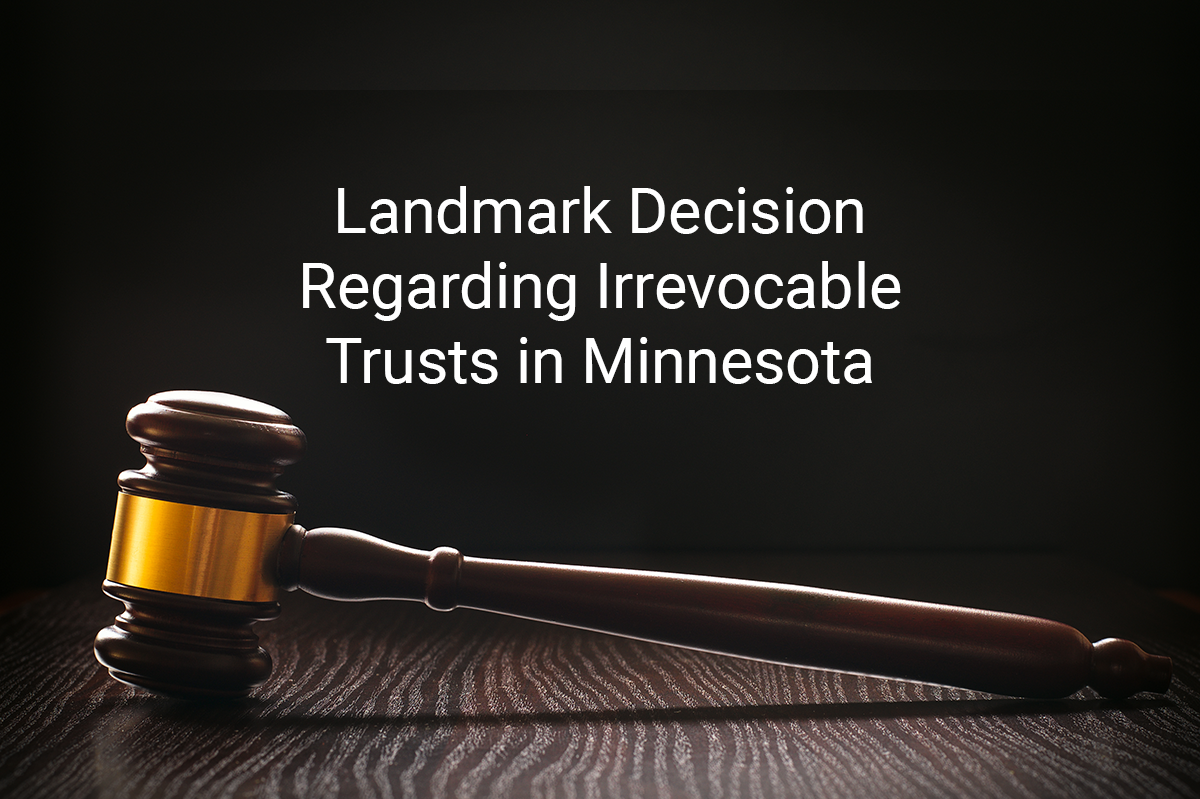
With the 2021 federal estate tax exemption amount at $11.7 million for individuals and $23.4 million for couples, many estate planning attorneys have shifted to other financial savings objectives to plan for their clients whose taxable estates fall below these thresholds. Because of this high exemption amount, the federal estate tax has impacted less than 1 percent of the US population, and thus the planning focus has shifted towards reducing income tax liability for clients. More specifically, the focus has been on how to strategically and effectively reduce a client’s capital gains tax liability. Although these strategies may eventually need to change given new proposals by the Biden administration, there are several important rules regarding capital gains taxes that currently apply to gifts made during a client’s life or at death that legal counsel must consider when advising clients.



